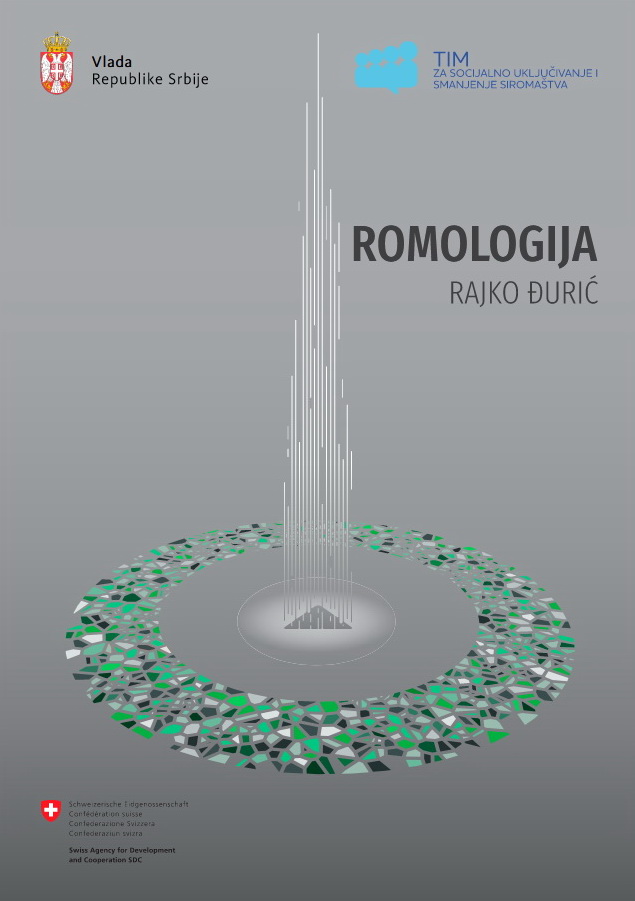 The Social Inclusion and Poverty Reduction Unit of the Government of the Republic of Serbia held an online promotion on 15 March 2021 of the book Romology by author Rajko Đurić, a renowned advocate of the rights of the Roma, a writer, publicist and one of the leading scholars of the history of the Roma people, culture and language.
The Social Inclusion and Poverty Reduction Unit of the Government of the Republic of Serbia held an online promotion on 15 March 2021 of the book Romology by author Rajko Đurić, a renowned advocate of the rights of the Roma, a writer, publicist and one of the leading scholars of the history of the Roma people, culture and language.
The book examines the term, definition and development of Romology as a scientific discipline, the culture, identity, history (where an important place is occupied by the Roma holocaust), grammar and standardization of the Roma language.
According to Dragana Jovanović Arijas, Manager of the Social Inclusion and Poverty Reduction Unit of the Government of the Republic of Serbia, its interdisciplinary and comprehensive approach make Romology an important scientific resource, which is the reason why this book should become a textbook in higher education institutions.
Gordana Čomić, Minister of Human and Minority Rights and Social Dialogue, said that it is very important to have established examples of people who know, and are willing to be educated. However, she noted that there is not enough openness in the approach to view members of the Roma national minority beyond stereotypes. “Therefore the audience should be addressed through papers, views and the biographies of those who lived among us and did everything they could so that generations of members of the Roma minority around us can live better, with more quality and equality. I don’t think that ethnicity is a guarantee for anything, but I deeply believe that the majority has the responsibility for how members of a society feel, and it has the obligation to promote what is good among us”, concluded Čomić.
The book Romology complements a number of measures undertaken in the field of Roma education, aiming to improve the educational structure of this national community. As explained by Anamarija Viček, State Secretary at the Ministry of Education, Science and Technological Development, the engagement of pedagogical assistants was shown to be one of the best practices, since their support to Roma children, parents and teachers is of immense importance. “We believe that Romology will inspire those teachers who teach not just history or the elective subject of Roma language with elements of national culture, since the voice of the native tongue is the voice of its people. Therefore it is the duty of all of us to endeavour that the voice of the language is not extinguished, but heard ever more”, said Viček.
The Chairman of the National Council of the Roma National Minority Dalibor Nakić explained that Romology is a young scientific discipline, but extremely important for the preservation of the national identity of the Roma. “Therefore this publication is highly important for Roma people, not just in Serbia, but also beyond. I hope the book inspires young people, regardless of their national affiliation, to work on this topic, and the book will surely present important scientific material for further research”, said Nakić and expressed great gratitude to Rajko Đurić for preserving the language, culture and tradition of Roma.
That the book will contribute to the further ascent of Romology as an academic field was noted by Branko Đurić, a journalist with Radio Belgrade. “It is important to have in one place the essence of all that makes up Romology today – from the history, exodus and departure of Roma from India, through the holocaust, culture, and language. This is an opportunity for Roma to get to know themselves, but also for other people to learn about the identity of the Roma people”, said Đurić and noted that it is particularly important for Romology to become part of regular education. “The media component is also very important, thus Radio Belgrade endeavours to preserve the standardized Roma language through its Roma-language programming, as an important element of Roma identity”, concluded Đurić.
Marija Aleksandrović, a professor at the Higher Vocational School for Pre-School Teachers “Mihailo Pavlov” in Vršac, explained it is particularly important to know where the standardized Roma language is today, a specific area that the author of the book was dedicated to. “As early as 1971 it was noted that Roma dialects in SFRY have more similarities than differences, and in 2010 the initiative for the standardization of Roma language was restarted. This working group was chaired precisely by Rajko Đurić”, said Aleksandrović, and noted that the standard modern Roma language has 38 letters and uses the Latin alphabet. The study of Roma language as an elective subject in schools started in 1986, while today 68 primary schools across Serbia have the subject Roma language with elements of national culture, and the Higher Vocational School in Vršac is the only one in the region studying the Roma language. “A role in the standardization of every language is not only reserved for educational institutions, but all those working with the language in public, such as media, court interpreters and translators”, concluded Aleksandrović.
The conditions for the development of Romology arose in the nineteen-seventies. “Prior to that we had Tsiganology, studying the physical characteristics of the Roma, leading to views and conclusions about these people”, said Dragoljub Acković, Director of the Museum of Roma Culture. “Romology relates to people originating from the area of India, and Đurić defined this discipline as a set of sciences studying the life of the Roma in all its manifestations”, explained Acković. “This book is a foundation for all the books that need to be written”, noted Acković.
“The Romology of Rajko Đurić is a contribution to global science”, noted Osman Balić, representative of the Standing Conference of Roma Associations of Citizens. “Roma people can only be extracted from the crisis they have been in for a long time by science and professionals. Ever since the creation of the modern Roma movement, the Roma have been endeavouring to create material and spiritual goods with the aim of improving the quality of their lives, but also understanding the purpose of existence”, explained Balić and noted the importance of recognizing all elements of Roma identity: nation, religion, language and culture. He said that Roma society is developing, and it is the youngest nation in Europe, but also that Roma are largely socially dependent. “The book will contribute to the humanization of society, and the further development of the Roma community”, concluded Balić.
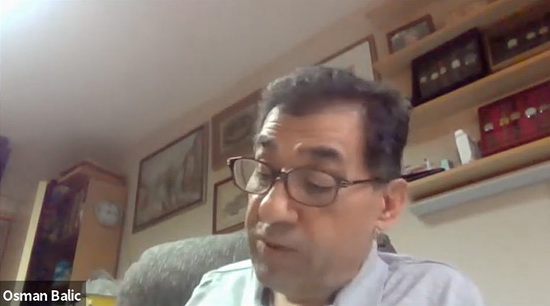
Slavica Denić, Coordinator for Roma Inclusion at the Social Inclusion and Poverty Reduction Unit of the Government of the Republic of Serbia, said that the idea with this publication was to capture all elements of the identity of the Roma community. “We endeavoured to deal with the history of Roma, from the exodus from India to this day”, explained Denić and noted that the study of the culture, tradition, language and history of this national minority is particularly important in regards to reducing the discrimination and prejudice against Roma.
A video recording of the promotion of the book Romology is available here:
 Government of the Republic of Serbia
Government of the Republic of Serbia




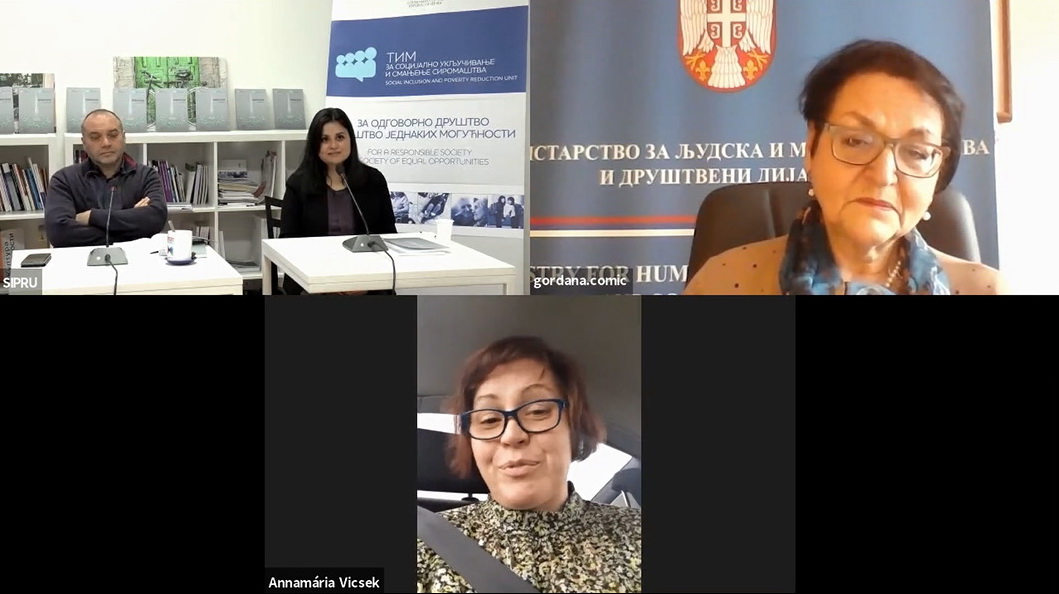

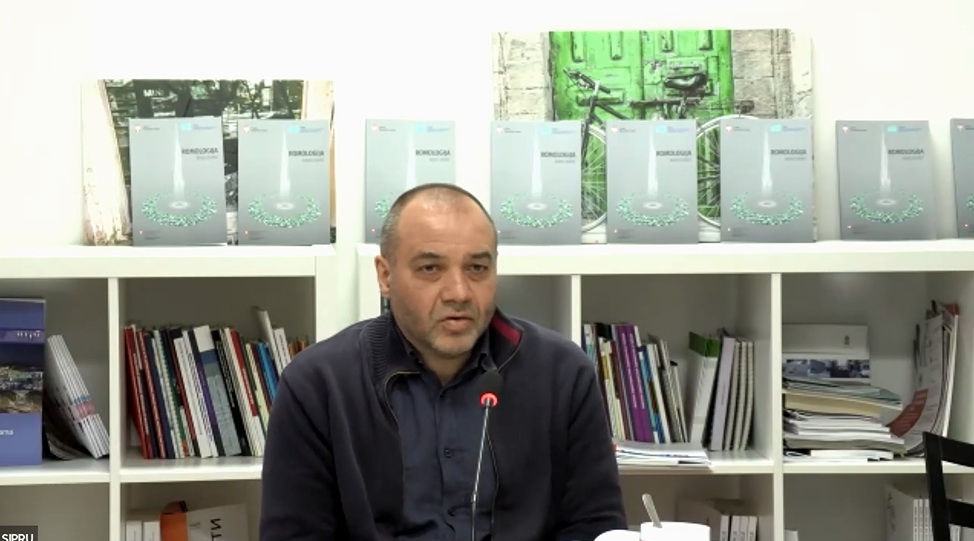

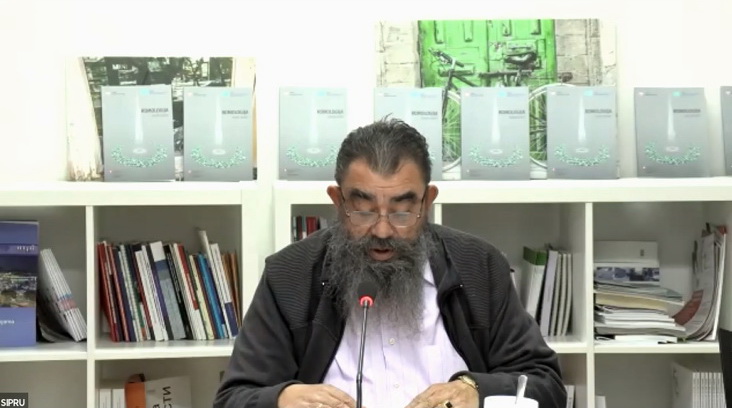
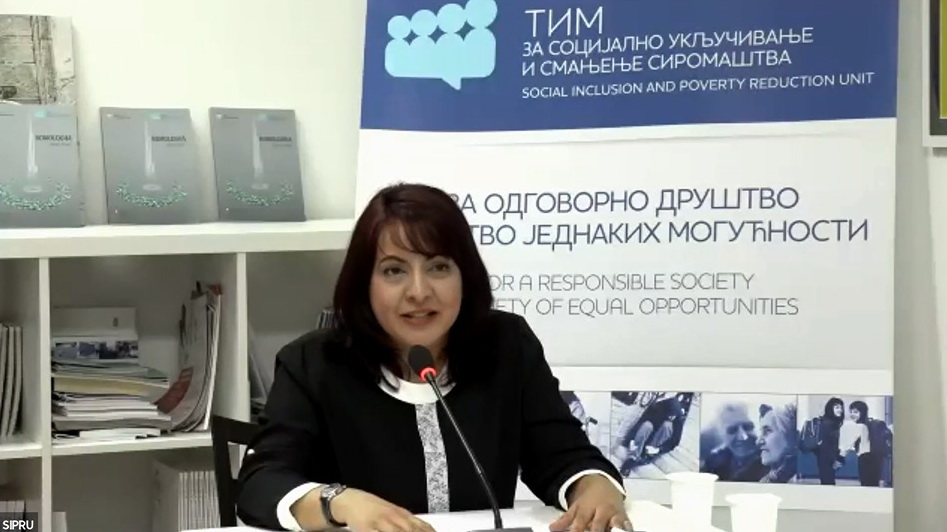












 pdf [271 KB]
pdf [271 KB]
Leave a Comment